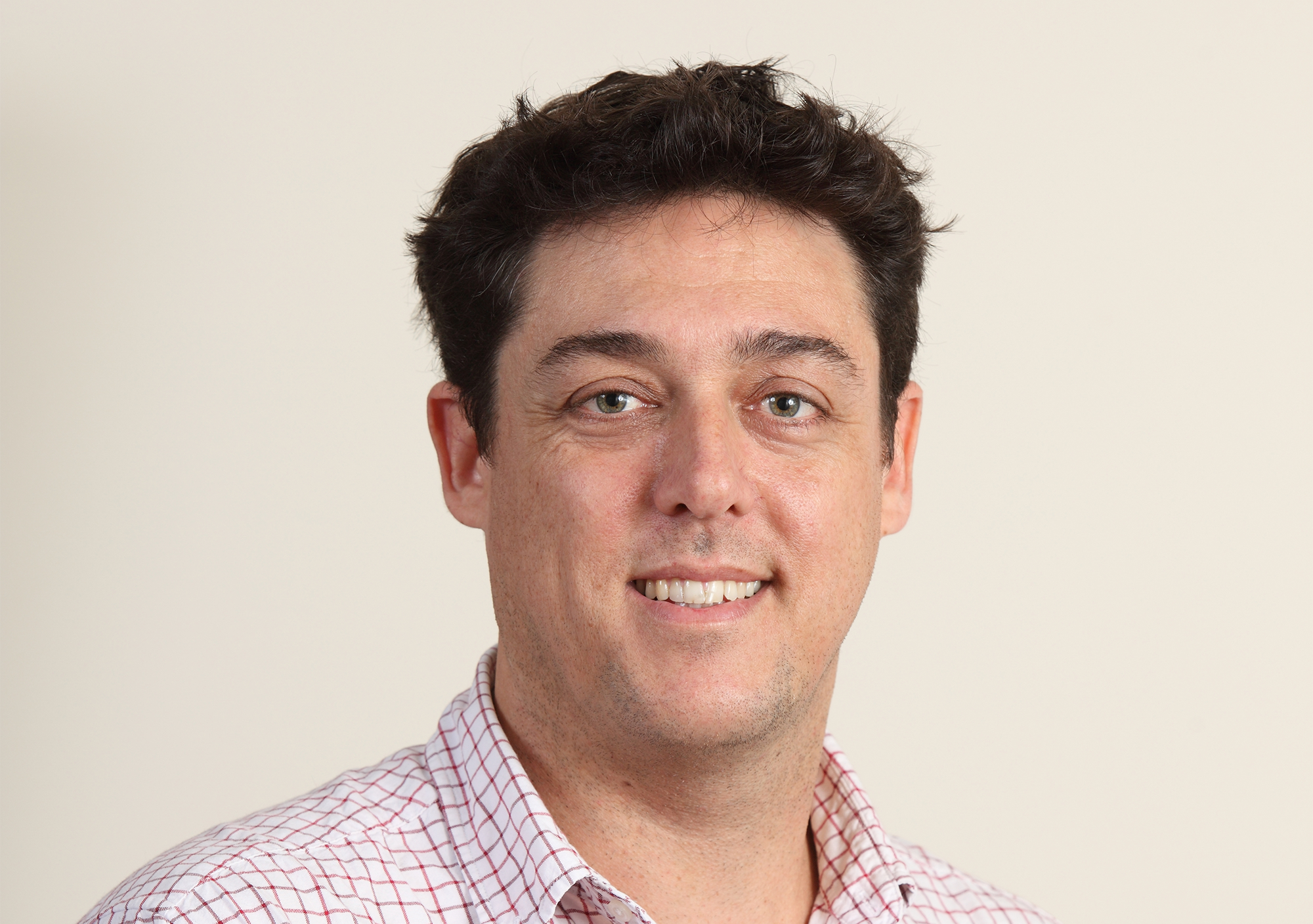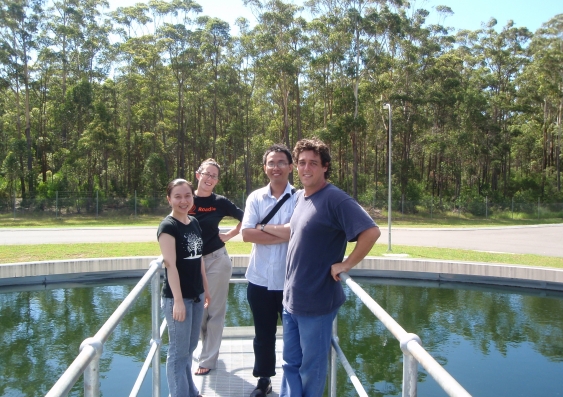Look at me now: Stuart Khan on water recycling and Australia’s water future
Stuart Khan is a Professor in the School of Civil and Environmental Engineering with expertise in water treatment processes. His passion for recycling water started very young, when an ocean sewage outfall was earmarked for one of his favourite spots: Look At Me Now Headland near Coffs Harbour.


